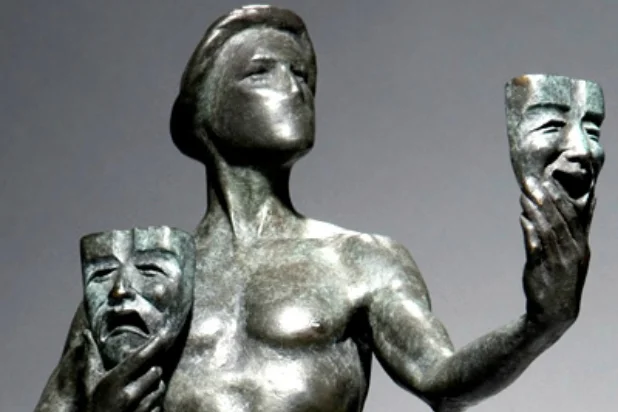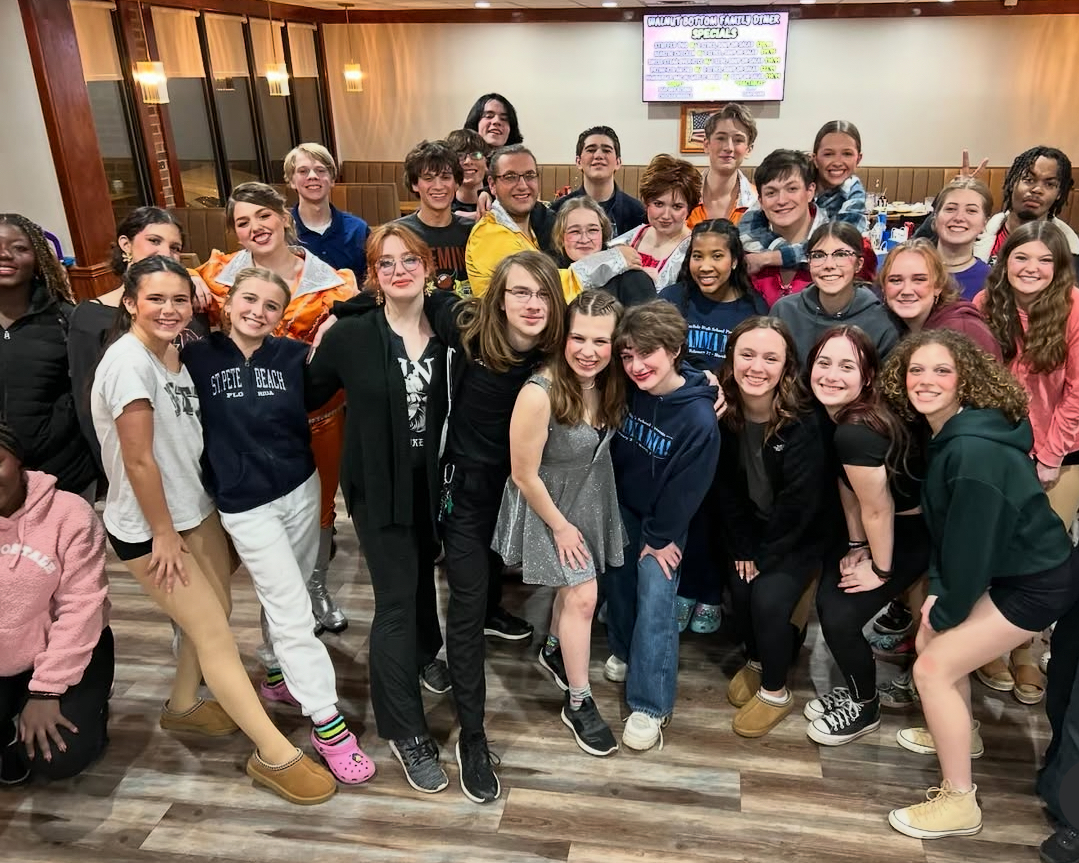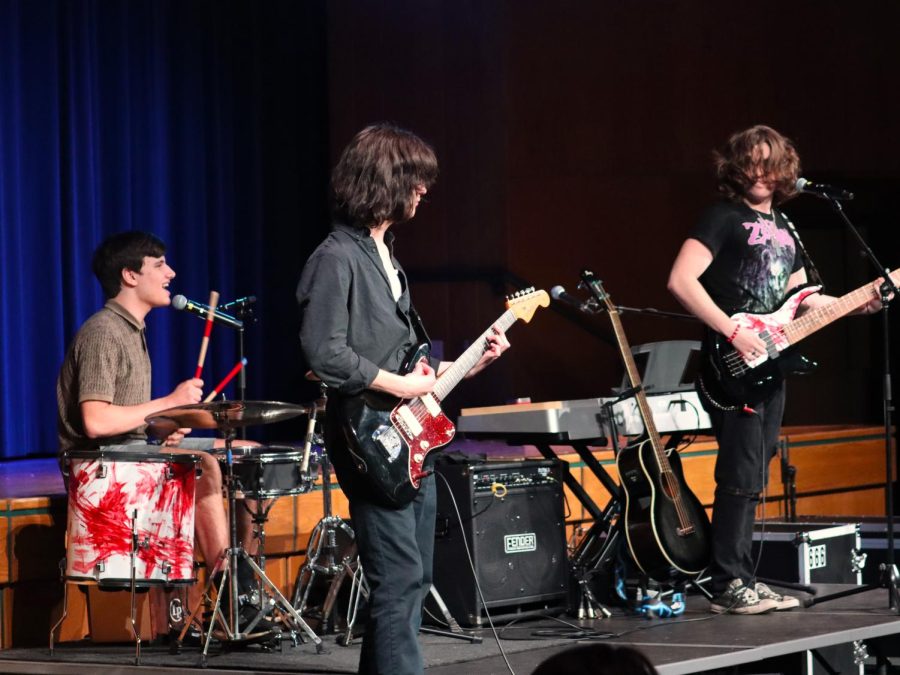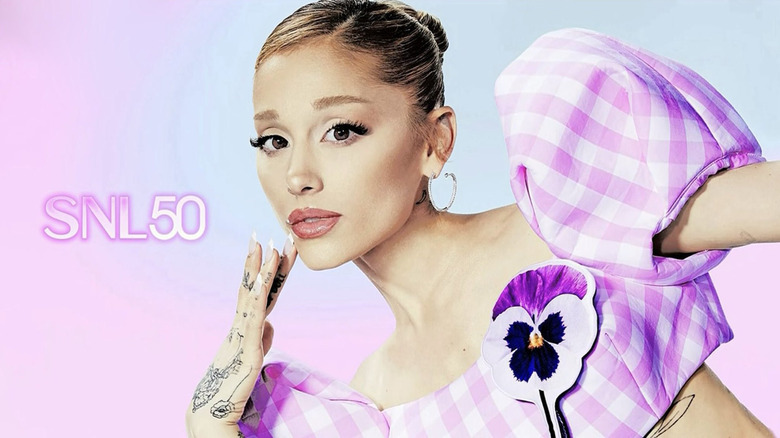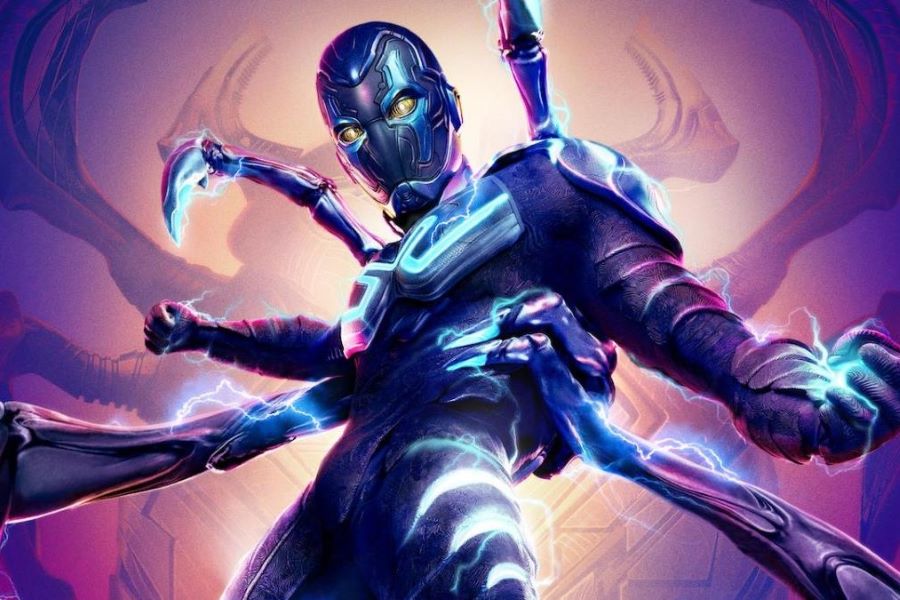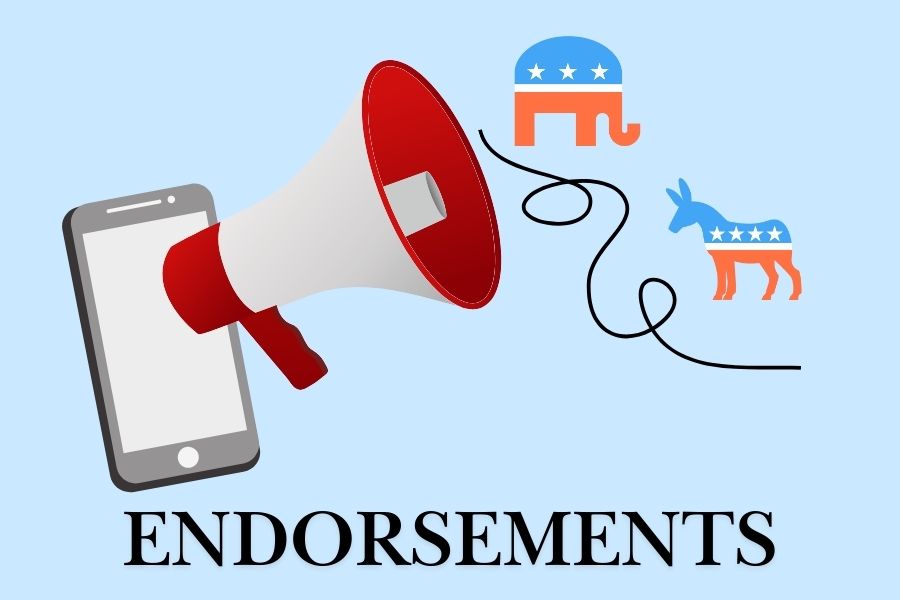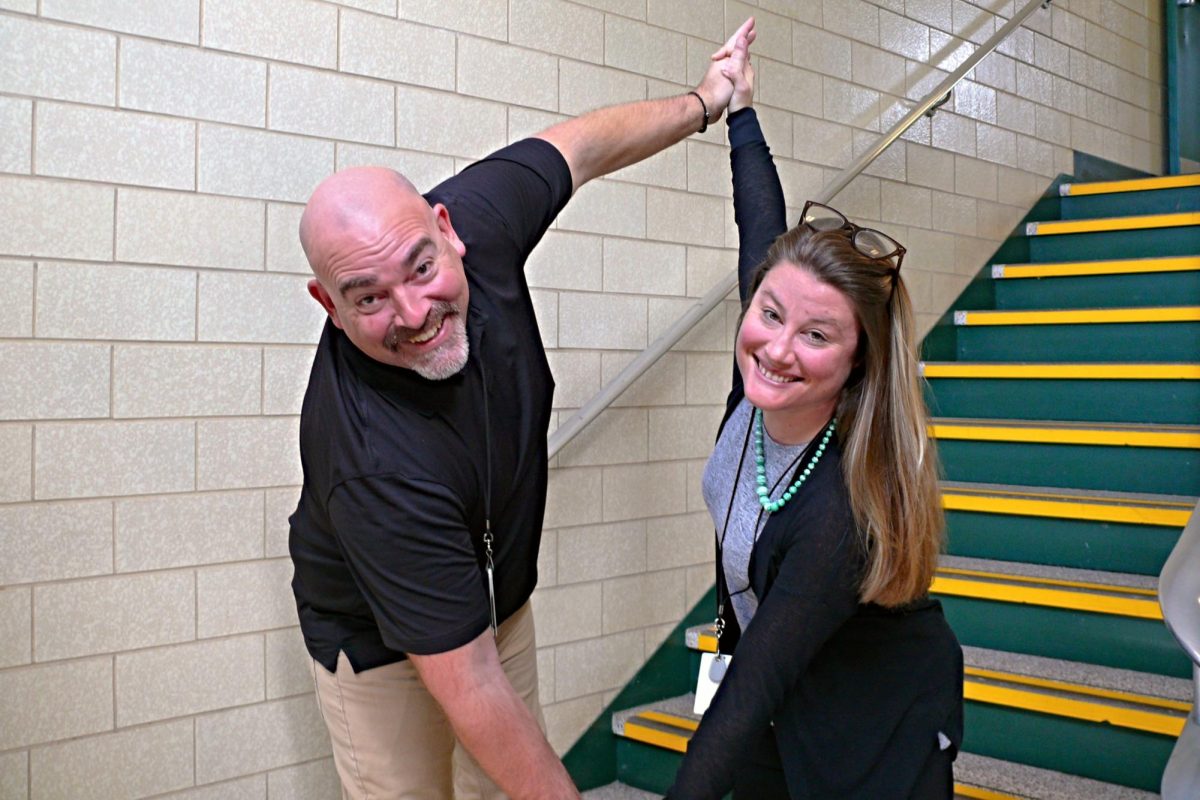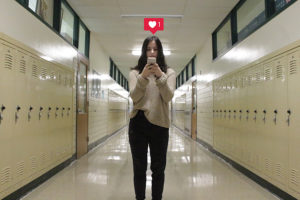Delete: How Social Media is Eliminating Individuality
February 7, 2019
Even though students do not randomly break out into song to express their feelings, Glee got one thing right. There is a social pyramid in high school and everybody aspires to be at the top.
Social media is a big part of society today. A report by Common Sense Media shows, 75 percent of teenagers in America have profiles on social networks. If someone does not have an account on a platform such as Snapchat, Instagram, Twitter, YouTube, Facebook, ect., they seem to constantly be out of touch with the world. Social media is a new way of communication and getting the word out to mass amounts of people, but is also used to reveal a users individuality.
Some might say these social platforms are a form of art. It allows the person to express themselves through photos, captions edits, comments, videos, ect. It seemed like a great idea at first, until the pressures of society’s standards started to take effect.
Expectations cause teenagers to believe that they need to fit this “perfect image,” that they can achieve online, even if that is not their true persona. They can be whoever they want to be behind a screen. This can become exasperating work; having to keep up with these different personalities. For example, many Instagram users may have multiple accounts, “rinstas” (real Instagram account) and “finstas” (spam accounts that consist of rants and the real individual they are.)
The alter ego that people take on is who they believe will be “accepted.” They think being different or unique might not be acceptable to everyone, which dulls people’s sense of their individuality. Shares, retweets, likes, and comments fuel the feeling of being desired, but at the same time can make one feel as thought their true self is worthless in comparison.
A survey by the Royal Society of Public Health found that people ranging from 14-24 years old that are members of social media platforms have been impacted by mental health issues. The survey results found that Snapchat, Facebook, Twitter, and Instagram have all led to increased feelings of loneliness, depression, anxiety, and poor body image. These feelings are only additional to those which cause the concealment of ones unique traits.
Some people base their whole self-identity on social media. Hayley Raney, writer for The Register wrote, “Teenagers are clueless to who they are because they depend on social media to discover it.” There are many accounts of cyberbullying, and social media is the venue.
PEW research found that “Nearly 39% of teens on social networks have been cyberbullied in some way, compared with 22% of online teens who do not use social networks.” This bullying can discourage people to be themselves. If they take on the image people want, they cannot be tormented for it.
Social media pressures cause people to oppress their individuality in hopes of protecting themselves and moving up on the social ladder. Being unique is seen as different and that has a negative connotation. They believe that they are looking out for their own best interests, but they are really taking everything about them that makes them unique, and hiding it away. It has permanent detrimental effects such as diminished social skills and lack of self confidence. People are afraid of rejection, and social media is their blanket.
Disclaimer: Articles designated as “Editorial” represent the views and opinions of the author, not the 2018-2019 Periscope staff, CHS/CASD administration, or the CHS student body.



